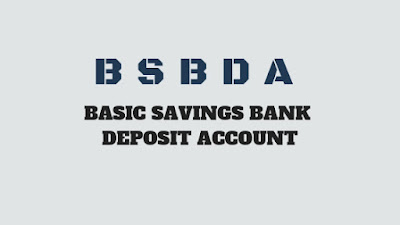Shopping
for an option to have the best returns? We advice you look for ones that offer
high interest rate. If you have been visiting banks and surfing the internet then
you would probably have realised that there are banks that claim to offer ‘highest interest rate’. They are not wrong in their
claims, but banks offer different interest rates on varied investment
programmes. And secondly, no bank can help if you are not a good saver
yourself.
Every
investor wants to make investments that fetch them high returns as fast as
possible. No wonder, why investors are always on the lookout for top investment
plans where they can double their money in little time and with little or no
risk.
- Direct equity: This is a high-risk asset as it guarantees
no returns. However, the investors stand a bright chance of getting higher than
inflation-adjusted returns compared to all other asset classes. There are a lot
of investors who invest in it and often bag the highest
interest rate.
- Debt funds: These are best suited for investors who
look for steady returns. These are less volatile but invest in fixed-interest
generating securities like corporate bonds, government securities, treasury
bills, commercial paper and other money market instruments and the market
return is indeed good.
- National Pension System: It is a long term retirement-focused
investment product and the highest interest rate for 1, 3, 5, years can be said
to be around 9.5%, 8.5% and 11% respectively.
- Check out online-only banks: These are definitely better than the traditional
banks. This is because while traditional banks have too many overhead expenses
like paying for utility like (electricity and water charges) salaries of bank
personnel and other staff, rent/ purchase of building, infrastructure,
maintenance and much more, online-only banks save on all these and channelize
the amount to their customers in the form of interest.
- Build a Certificate
of Deposits (CD) ladder: CD ladders are a smart way of investing your money. It requires
the candidate to split their money and invest them in different CDs for varying
term lengths. This investment programme offers higher rate of liquidity than a
single CD and allows you to earn a higher return rate than you would get with a
regular savings account.
- Senior Citizens’ Saving
Scheme (SCSS): This is a
must-have choice for the elderly citizens. It can be availed from a post office
or a bank by anyone who is above 60-years-of age. Though it has a fixed tenure,
it can be extended by years once the scheme reaches maturity. So, you see even
if they may not be the ones offering ‘highest interest rate’ they are definitely having the best bargain.






